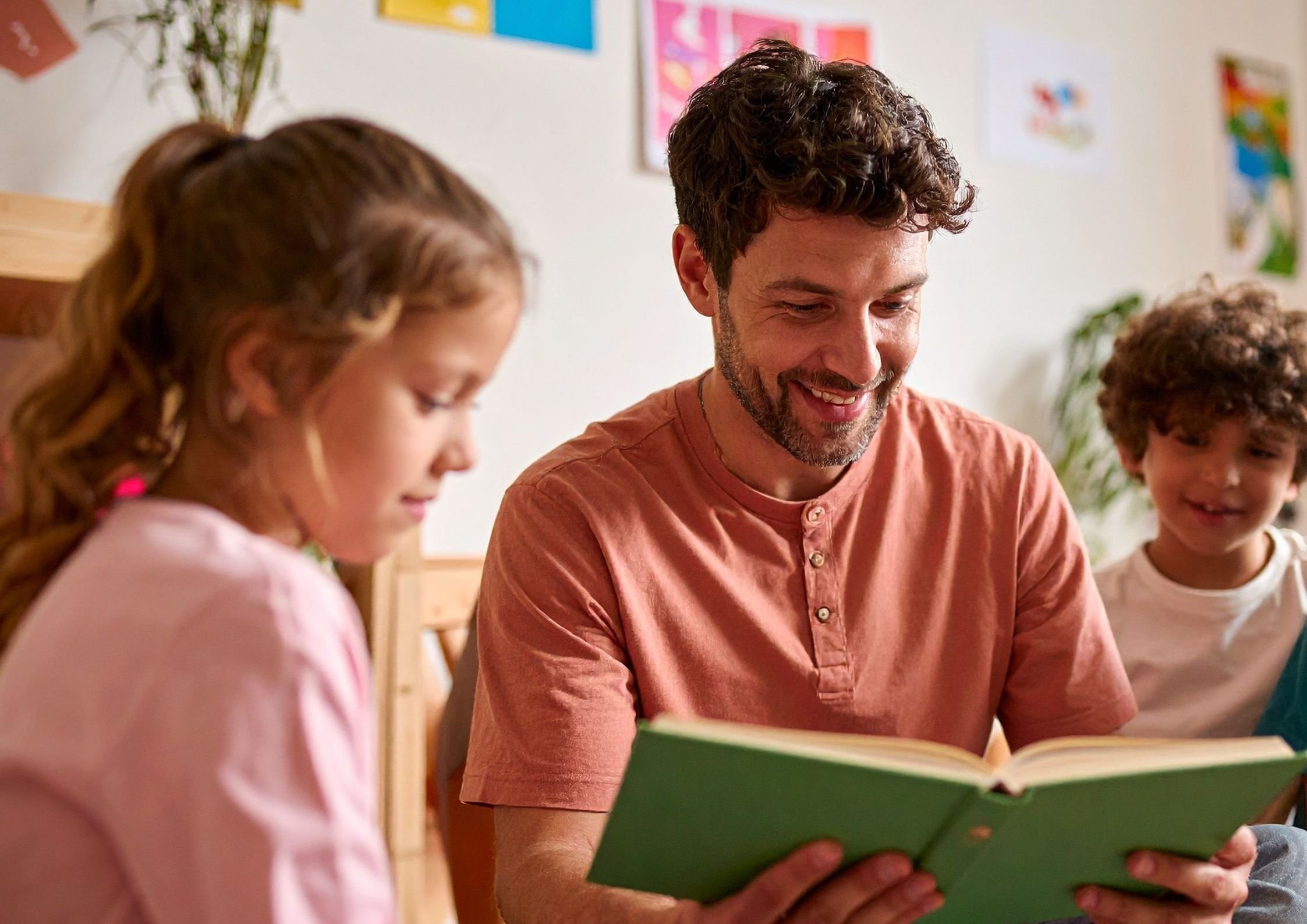New app by Embers the Dragon aims to support children's emotional well-being
Emotional health challenges among primary school children are on the rise, with more than 50% of 3-7 year olds experiencing issues like anxiety and low mood.
A recent survey of over 1000 parents by Embers the Dragon, a new app designed to build emotional resilience in children and their families, revealed concerning trends in children's emotional well-being.
The survey found that two-thirds of parents reported their child facing emotional challenges such as identifying or defining their feelings, communicating emotions, or managing them in unfamiliar situations.
With one in every six children being diagnosed with a mental health condition in the UK, early intervention is crucial. However, as schools are aware, many children are not receiving the necessary support, either due to not meeting the minimum threshold for specialist care or facing long waiting lists for mental health services.
Behaviour also emerges as a significant concern, with 51% of parents expressing worries about managing certain behaviours in their children.
Embers the Dragon, a collaboration between clinicians, storytellers, and educators, has developed an app to address these challenges. The app is undergoing a major clinical trial run by the School of Applied Sciences at London South Bank University.
Narrated by Jo Brand and featuring a host of celebrities as characters, including Penelope Wilton, Nigel Clarke, Giovanna Fletcher, DJ Owain Wyn Evans, and Musicians Harry & Izzy Judd, the app integrates entertainment and education to empower parents and caregivers to support their child's emotional well-being.
Daniel Frings, Professor of Social Psychology at London South Bank University, emphasised the importance of addressing mental health needs in children:
“We are seeing rises in identified mental health needs in children and the current provision is woefully inadequate. It is our hope that identifying any barriers to access or usage can help develop a more effective way to reach all groups, especially those in greater need.
“There is much needed scientific evidence for the effectiveness of digital technologies for the growing number of children needing wellbeing support, however with widespread use of digital, this could be an effective solution to reach large numbers of children and their families with every day emotional support.”
Parents also expressed significant worries about their ability to understand and support their child’s emotional well-being.
Emma Taylor, Mental Health NHS Nurse Specialist and Co-Founder of Embers, highlighted the need for accessible and clinically endorsed support:
“Understanding and supporting children's emotional development can be a complex and challenging task for parents and caregivers. Feelings aren’t things you can see or touch, they vary between people, over time and in different situations. The problem is that this sort of decoding skill isn’t something we are necessarily born with, and sometimes for a whole range of reasons related to our own history, personality types and life circumstances, it can be surprisingly difficult to learn.
“There is a need for accessible and clinically endorsed support, especially in the digital age, to help parents navigate these challenges and foster healthy emotional development in children from a young age. That’s why programmes like Embers the Dragon, a proactive approach to preventing issues and alleviating pressure on health services through clinically-backed mental health support, has the potential to improve child behaviour, confidence, and academic potential and in turn reduce the need for clinical mental health interventions among young children.”
Designed for children aged 3-7 and their families, Embers integrates Social Learning Theory and Self Determination Theory into a combination of children's entertainment and parental education.
It includes an animated series, games, activities for children, and an accompanying course and resources for parents, carers, and educators.
Professor Frings, who is leading the trial to test the effectiveness of the digital intervention, expressed optimism about the project:
“This is a compelling project as it is aimed at the mental health of both children and their families. Using rich visual materials like animations seem sensible to help provide support for children's wellbeing but it doesn't quite fit the traditional mould of what many funders would consider to be traditional health care provision. For us, that made this project exciting and we look forward to seeing the results.”
Parents and caregivers with a child aged 4-7, as well as educators and clinicians, can register for the trial here.









